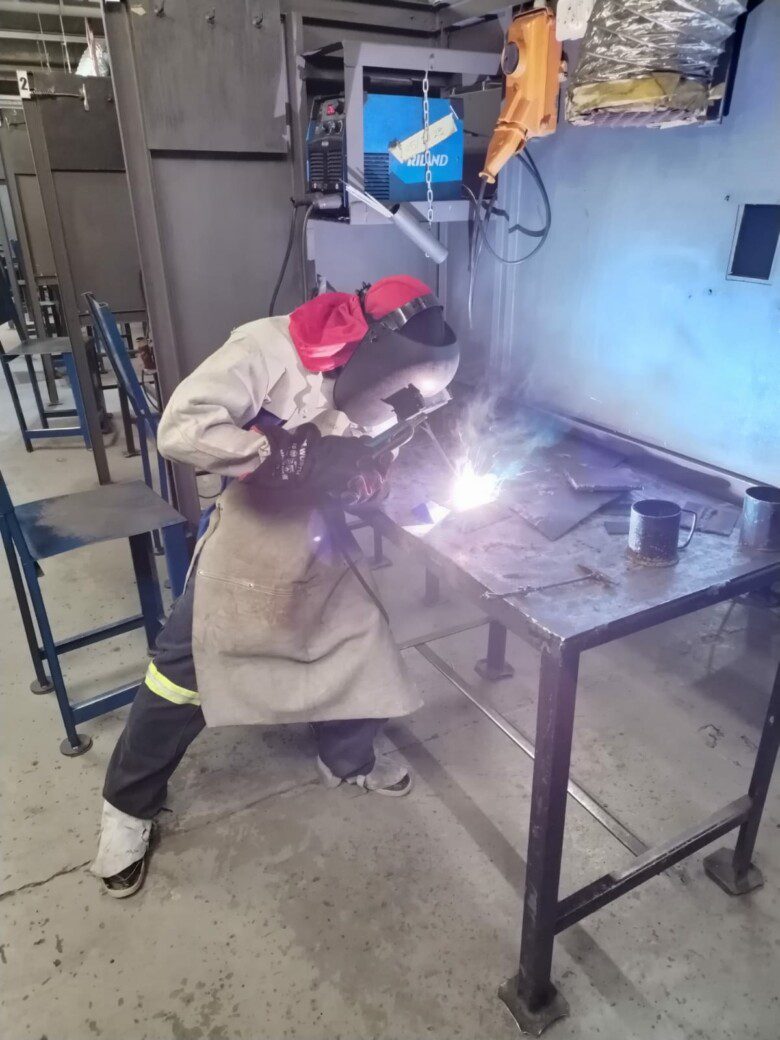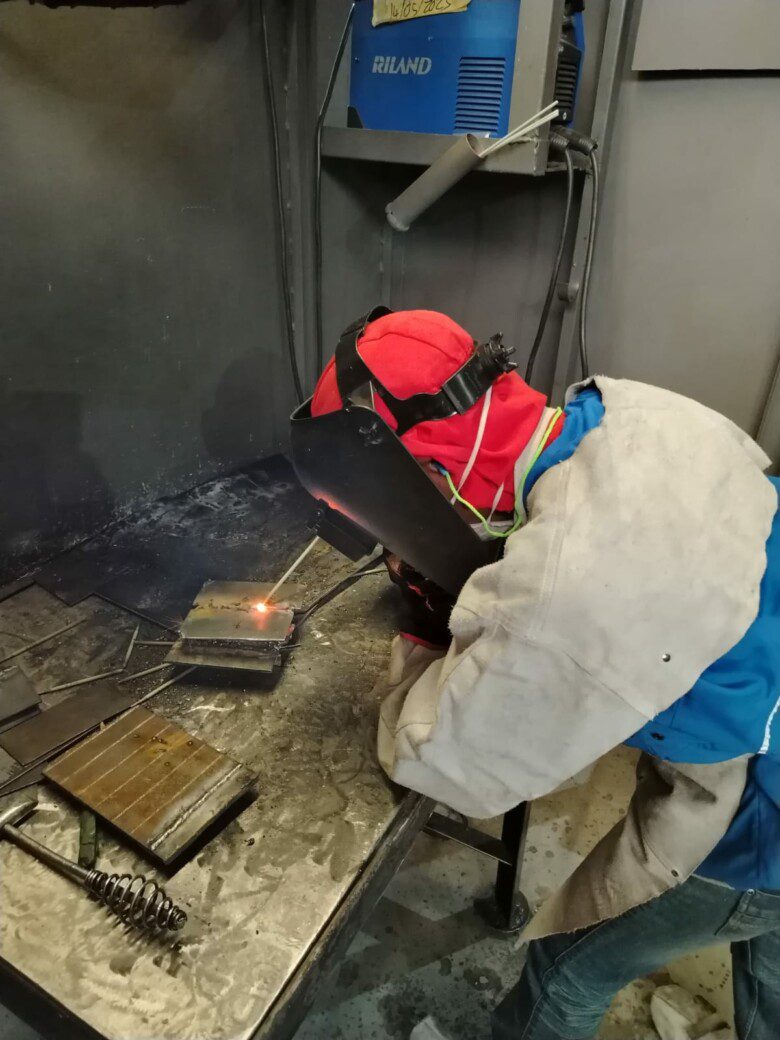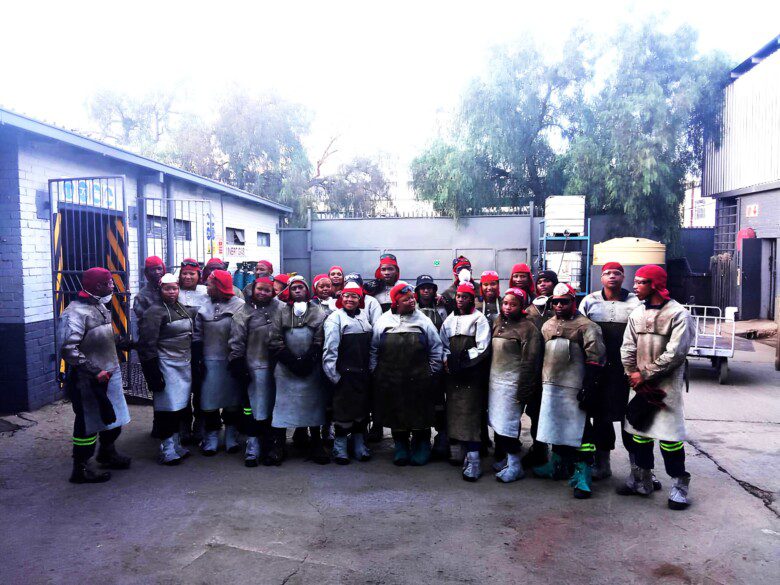The Retail Motor Industry Organisation (RMI) has welcomed the launch of the Free State Department of Education’s new short skills welding training programme, describing it as a pioneering step towards addressing South Africa’s critical skills gap.
Louis van Huyssteen, RMI National Training Director, said the initiative marks a milestone in bridging the divide between education and industry. “For too long, we have seen learners leave school without the technical skills required by the world of work. This dual-certification model is a game-changer, giving young people both an academic qualification and occupational skills. It strengthens their employability and creates a real pathway to sustainable careers,” he said.
The pilot initiative, officially launched on 14 September 2025, will provide Grade 12 learners from 18 schools across the province with the opportunity to complete their National Senior Certificate while also earning an occupational welding qualification. This dual-training approach not only equips learners with academic knowledge but also arms them with practical, industry-ready skills.
Central to the success of the programme is the partnership between government and industry. SA Truck Bodies, through its accredited Training Centre, is providing learners with the essential hands-on experience needed to complement their theoretical learning. As an accredited trade test centre for both the Occupational Welder and the Occupational Vehicle Bodybuilding qualifications, SA Truck Bodies brings both credibility and a direct pathway to employment opportunities in the automotive and engineering sectors.

Frik Burger, Divisional Manager: Training at SA Truck Bodies, commented on the programme. “We are dedicated to training and equipping young people with hands-on experience that prepares them for the industry. The training aligns with the needs of industry, introduces learners to the engineering workplace, and opens up opportunities they were previously unaware of. Accreditation ensures learners meet national standards and gain the skills employers value most.”
Dr Mamik Maboya, MEC for Education in the Free State, emphasised the importance of reshaping the education system to reflect learners’ aspirations. “This programme is a bold declaration that our young people must be equipped not just to pass, but to thrive – stepping confidently into the world with the tools to shape their future,” she said.
Burger adds, “Learners gain practical ARC welding skills, and the additional certifications enhance their employability. The programme also provides clear pathways into apprenticeships, learnerships, and engineering studies within SA Truck Bodies and the broader sector. Collaboration between industry and government is essential to ensure South African learners meet global standards, and we are proud to be part of this journey.”

The RMI believes this pilot sets a benchmark for future collaboration between education authorities and industry partners, opening the door to more technical and vocational programmes.
Looking ahead, van Huyssteen stressed that initiatives like the Free State welding pilot must become the norm rather than the exception. “South Africa urgently needs a pipeline of skilled artisans across multiple trades. By aligning education with industry needs, we not only give learners a better chance at employment but also strengthen the broader economy. The RMI is proud to support programmes that empower our youth, uplift communities, and build a stronger automotive and engineering sector for the future.”


